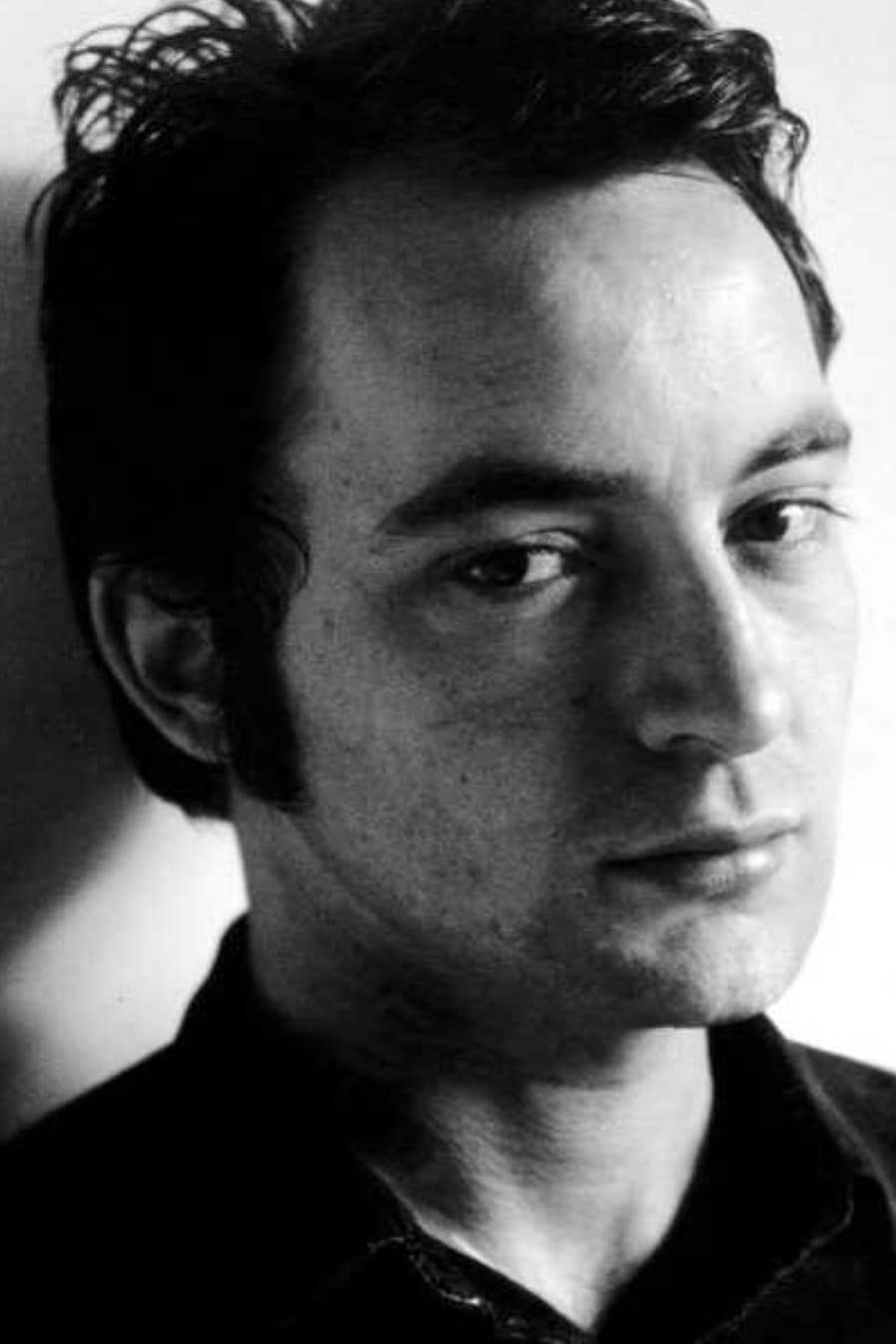
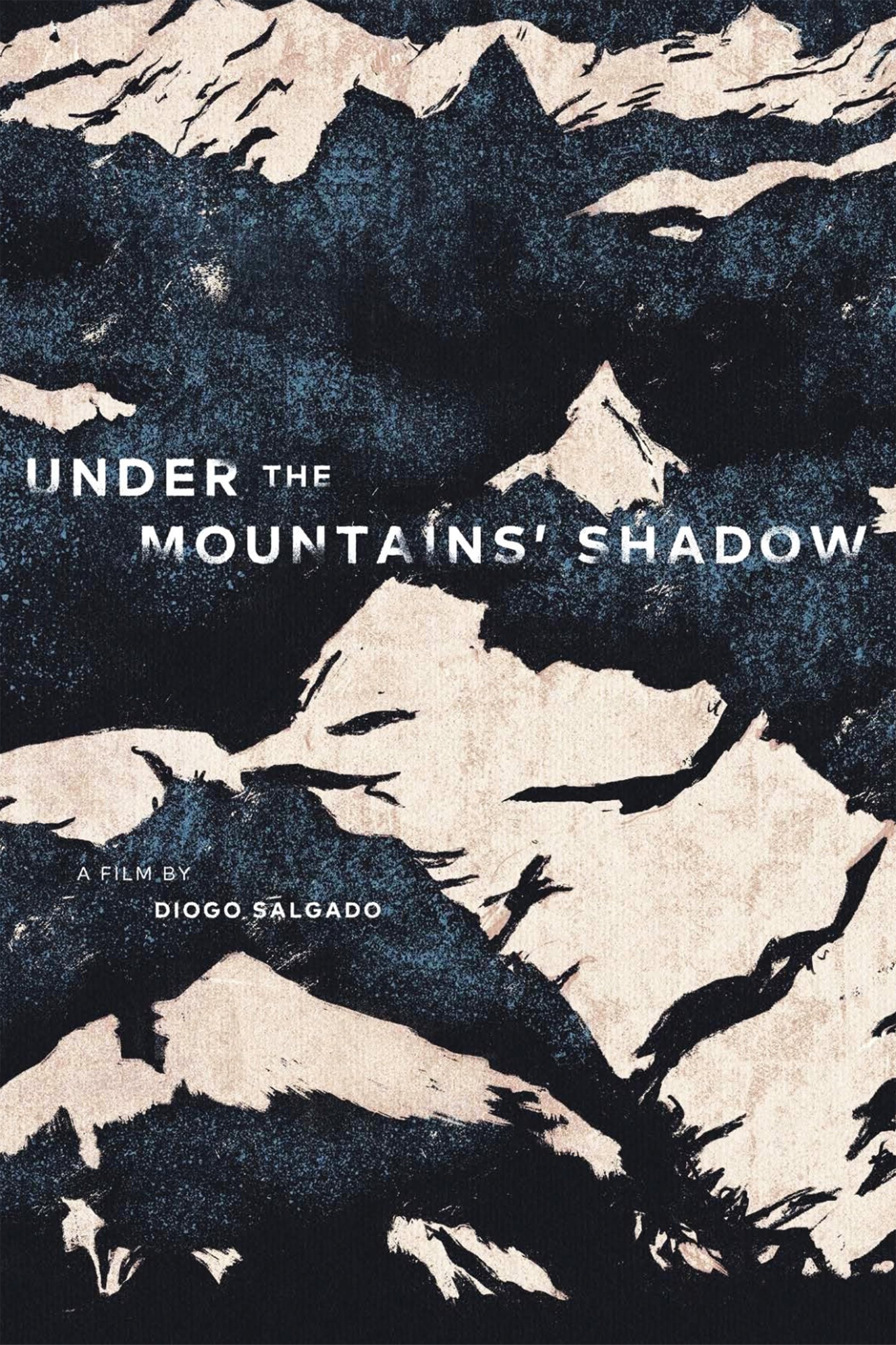
Pedro travels for the first time in one of the vans leading a group of workers to France. While, for the others, this is another work trip, each kilometer brings Pedro closer to a place that seduces him: the colossal mountains of the Alps.
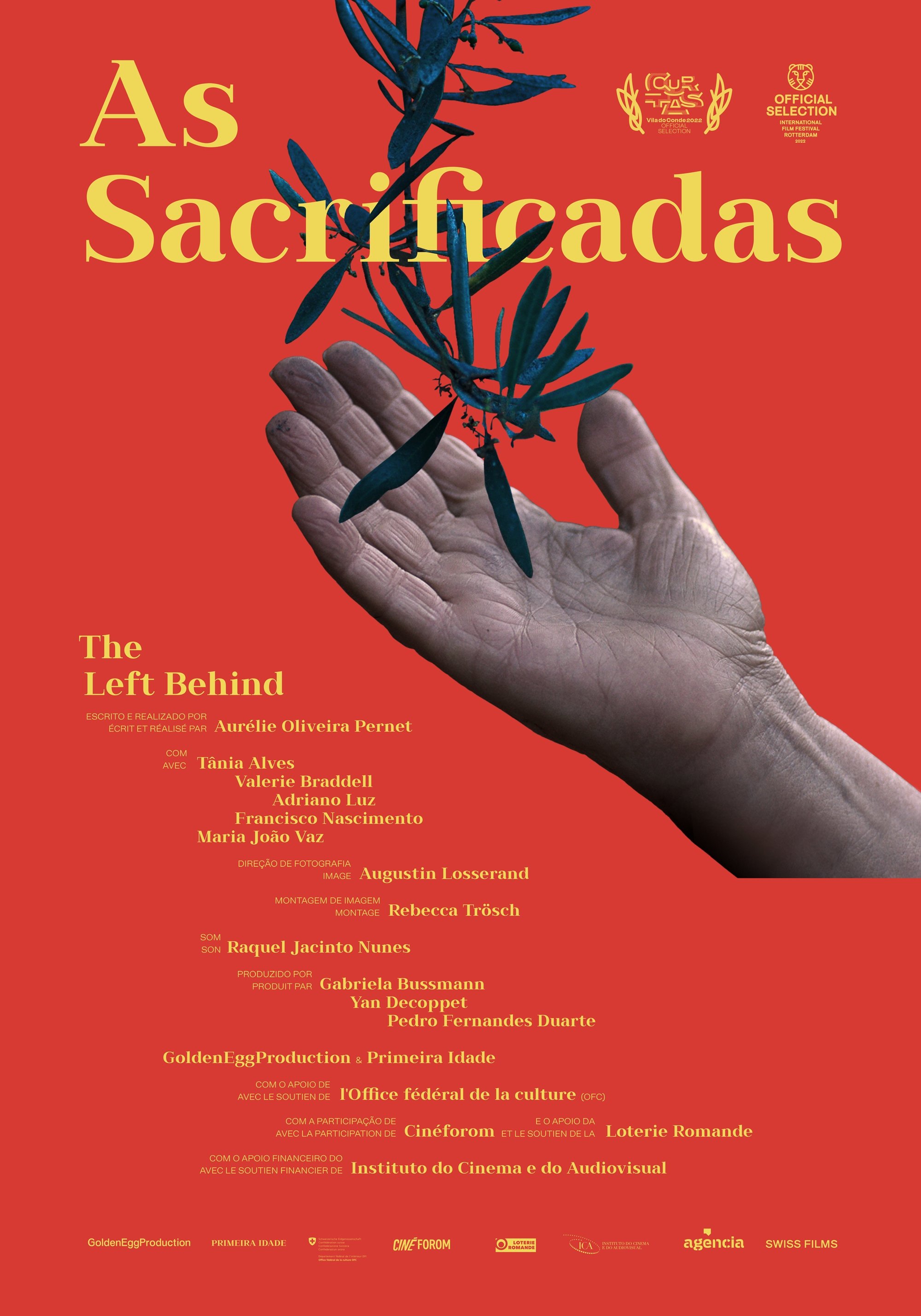
In summer, the Portuguese countryside is ravaged by fires. Otilia struggles between her job as a pool cleaner and the need to take care of her mother alone. Stunned by this suffocating daily life, the flames awaken in her solitude, despair and the desire to escape.

Struggling against the crisis in Portugal, a mother doubles up jobs to pay the bills since her husband is unemployed. Their teenage daughter tries to keep living everyday life even if the money is running short, which makes everything uneasy. Escaping from their common reality, they slowly become strangers to one another, as the tension grows in silence and in guilt.

Jorge de Sena was forced to leave his country. First he moved to Brazil, and later to the USA. He never returned to Portugal. During his 20-year-long exile, he kept an epistolary correspondence with Sophia de Mello Breyner Andresen. These letters are a testimony of the profound friendship between the two poets, letters of longing and of desire to “fill years of distance with hours of conversation”. Through excerpts and verses, a dialog is established, revealing their divergent opinions but mostly their strong bond, and their efforts to preserve it until their last breaths.
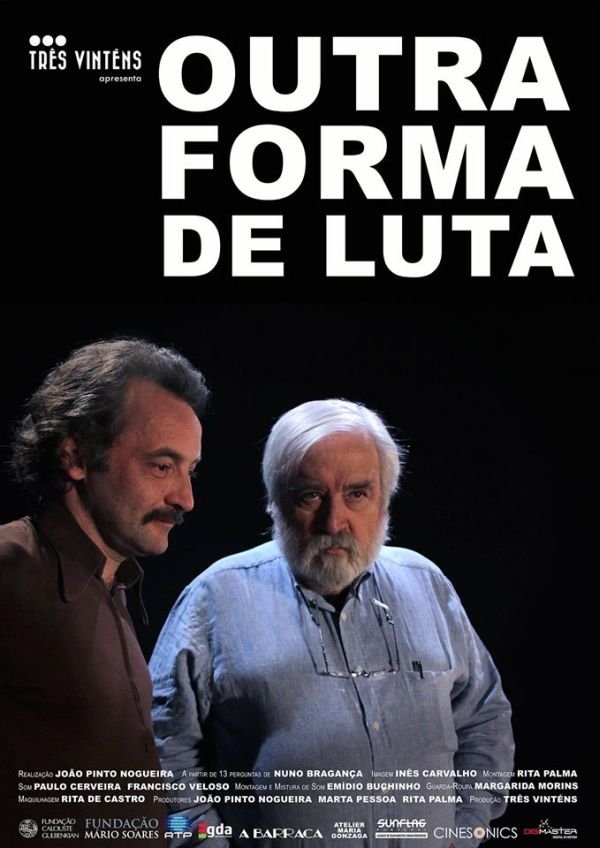
In early 1985, the writer Nuno Bragança hands his friend Carlos Antunes a 13 question’s questionnaire; 13 sheets of graph paper, of which he offered the recto-verso of each for his friend to answer. The questions were about Carlos Antunes’ personal and political career, with a special interest in his involvement in the Revolutionary Brigades and the armed struggle against the dictatorship that led to his arrest in 1978. The untimely death of the writer, in the same year, left the questionnaire unanswered and some uncertainty as to its purpose. After almost 30 years, the director asks Carlos Antunes to answer the 13 questions and to reconstruct the achievements, illusions and sorrows of the Revolutionary Brigades in Portugal, in the years surrounding the Carnations’ Revolution in 1974.
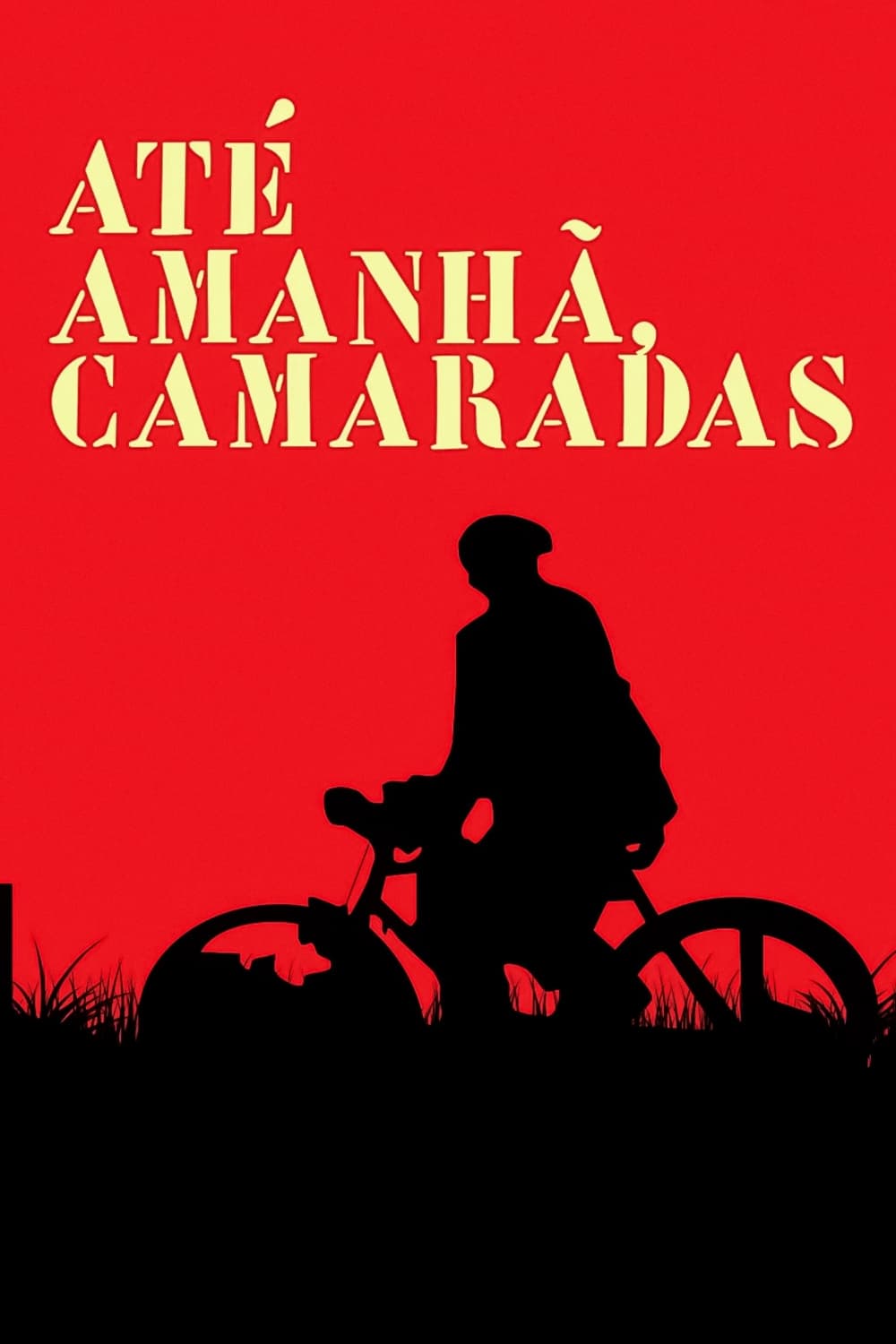
Portugal, 1944. In a country oppressed by a brutal dictatorship, there are those who resist and mobilize the people to fight for bread and freedom, even if it cost them prison, torture or their lives.
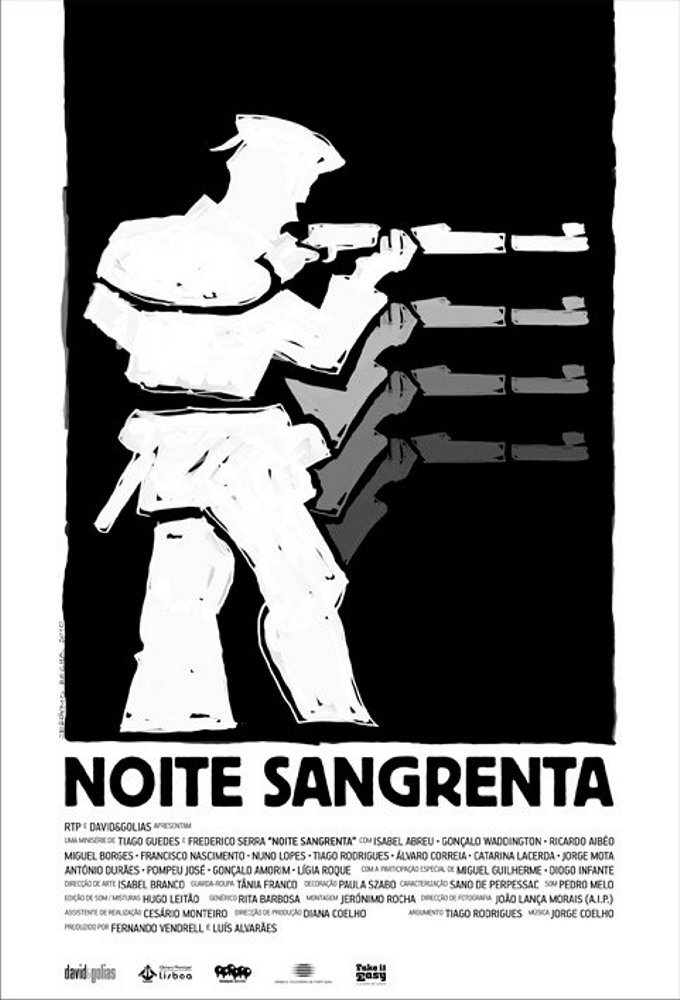

A group of soldiers are sentenced for the murders of key political figures in the night of October 19th, 1921, in the streets of Lisbon. But the names of the conspirators remain unknown. Berta Maia, a widow of the 1910 revolution hero Carlos da Maia, will fight for the truth…
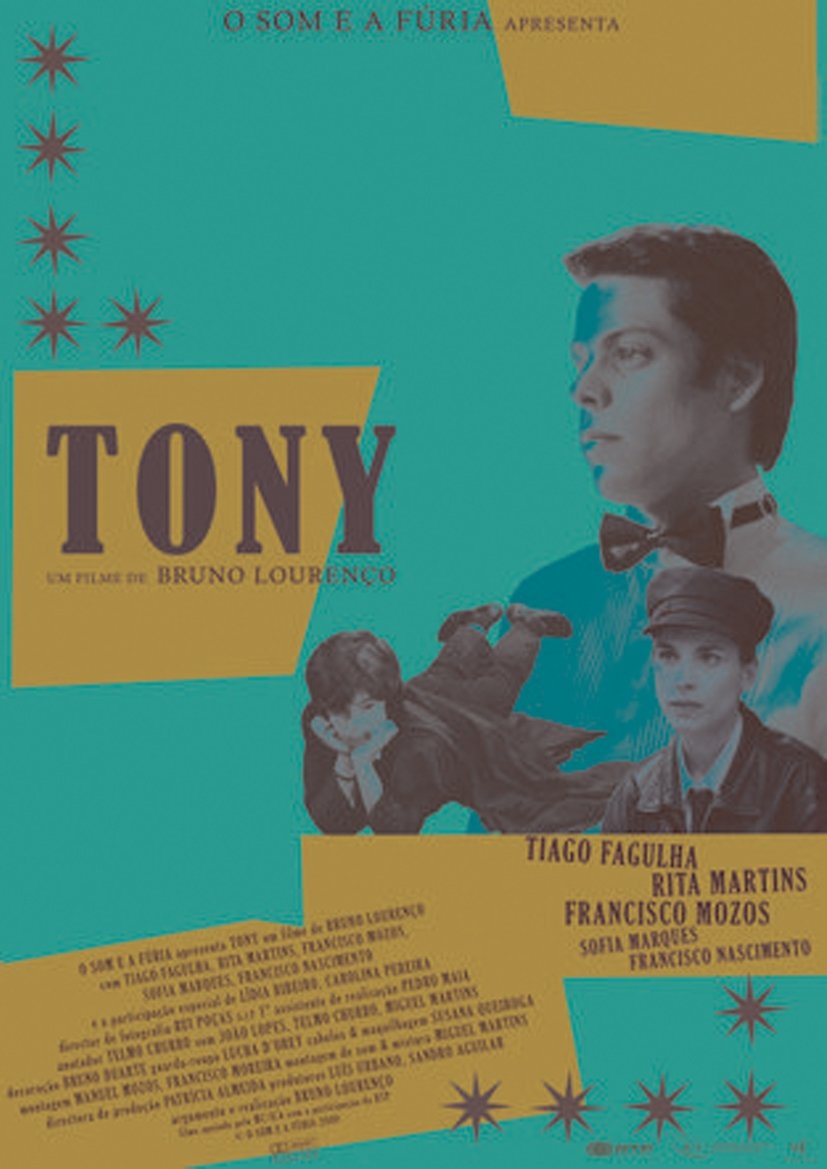
Jorge, a very shy young man, works as bellboy in a Lisbon hotel and lives in a guesthouse where he is constantly harassed by the owner’s daughter. As he tries to resist her charms, the boy dreams of one thing only: to incarnate the singer Tony de Matos. This obsession leads him to sign up for an unique karaoke contest, where he will finally be able to give life to his longtime hero. And it’s amid a group of strange characters that Jorge will understand that, after all, he is not alone.
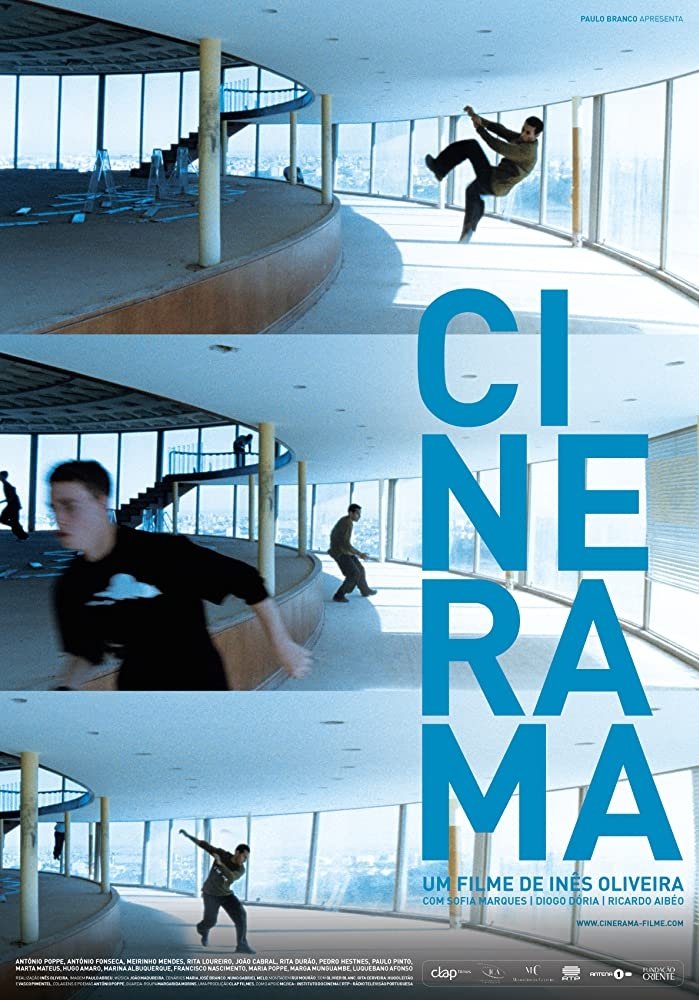
Humberto hanged himself. Catarina, Paulo and Victor want the company where Humberto used to work for to take responsibility in his death, leading them to kidnappe the company’s director in an act of despair. Who is Humberto? What company is that? In which paths will he take us, after his death? Cinerama is an edgy, enigmatic, but not distant film that brings up genres of cinema as well as other forms of art like dance, theatre and poetry. The film reflects ways of being in life.
By browsing this website, you accept our cookies policy.